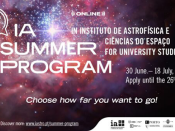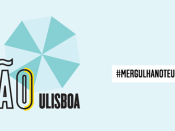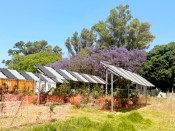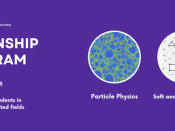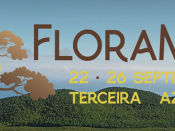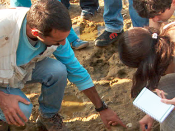Por Carlotta Cogoni (IBEB, Ciências ULisboa), Master program in Biomedical Engineering and Biophysics - Seminar cycle
Abstract: The sexual assault and harassment of women are at the centre of the current public debate. Both the “#metoo” and “#timesup” movements have changed the public agenda and increased the necessity to understand why sexual harassment remains such a prevalent problem. It has been theorized that among other factors, a dampening of the perpetrator's empathic feelings toward the victim of the violence drives the tendency to act violently. In this presentation, we will shed light on the neural and behavioural processes that might explain why women are still victims of sexual harassment. Specifically, studies on empathic responses toward humans and objects will be presented. Compelling evidence on both empathy for social pain and empathy for affective touch will be discussed to understand whether those empathic responses are modulated by the target’s objectification.
Short bio: Carlotta Cogoni is an associate researcher working at IBEB. She graduated in Experimental Biology at the University of Cagliari in 2010, obtained a Master in Neuroscience at the University of Trieste in 2012, and she completed a Ph.D. in Cognitive Neuroscience at the International School for Advanced Studies (SISSA) in Trieste in 2017. Her research focuses on the perceptual, cognitive, affective and neural process of sexual objectification (e.g., analytic/configural perceptual process, sexual objectification, neural correlates of empathy). She is currently extending the social neuroscience research interest to another aspect of social cognition: the oxytocin and dopamine systems' contribution to social cognition.


